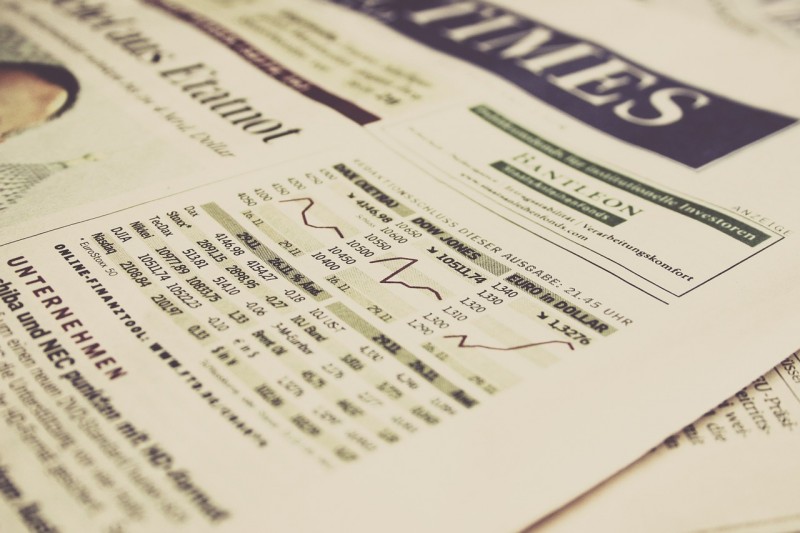Popular Posts
It’s incredibly easy to keep track of your finances these days. Hundreds of apps on our phones promise to follow spending, investments, budgets and credit cards.
Visit any finance news website and the market tickers are real time. Type in a fund or stock name and you are greeted with an immediate price quote. Even Social Security is on the web now.
You can know anything you want about how your retirement plan is doing, but should you?

Information alone is not really the answer. In fact, the argument can be made that knowing the minute to minute performance of your investments is more of a danger than not.
Long-term investors eventually grow to understand that the daily, weekly and even quarterly view on their performance can be misleading.
All it takes is one crazy day on the stock market to make your entire investment process seem mistaken. Stocks ebb higher and lower throughout the year, and they tend to overreact to news headlines, moving higher or lower for little reason.
Benjamin Graham, the late dean of stock market investing, often spoke of Mr. Market, a fictional business partner of the investor.
Mr. Market is unable to control his emotions. On a Tuesday, business could not be better and he’d never sell his share of the business to anyone. By Wednesday, his mood has turned and he begs you to take his half at any price.
Naturally, Thursday sees a change of personality once again and he’s back to high spirits. No price is high enough to sell and get out.
Warren Buffett, the iconic billionaire and student of Graham at Columbia University, cites his mentor’s longstanding characterization of the markets this way: “In the short run, the market is a voting machine but in the long run, it is a weighing machine.”
Which is another way of saying: Don’t look. The near-term process of millions of shares being traded back and forth is voting, and voting is noisy. Only when time has passed can we ultimately understand the value of any given investment.
The data on that is much clearer. Studies show that stocks with dividends reinvested return about double the inflation rate over long periods of time.
Compounding that money in tax-advantaged retirement accounts using low-cost index funds is how your money will grow.
Paying attention to the actual dollar amount any given day or week is Mr. Market behavior and can lead to all kinds of emotional decisions one is likely to regret. Remember, selling at a bottom locks in losses forever.
How often should you check your retirement fund? Quarterly is a good idea, perhaps even twice a year. You should be looking for opportunities to rebalance, not get in or out of entire categories of investments on a whim.
A steady hand at the rudder keeps the ship on course, allowing your investments to grow and compound the way that they should. Anything less is asking the opinion of Mr. Market, and perhaps on a bad day to be asking.